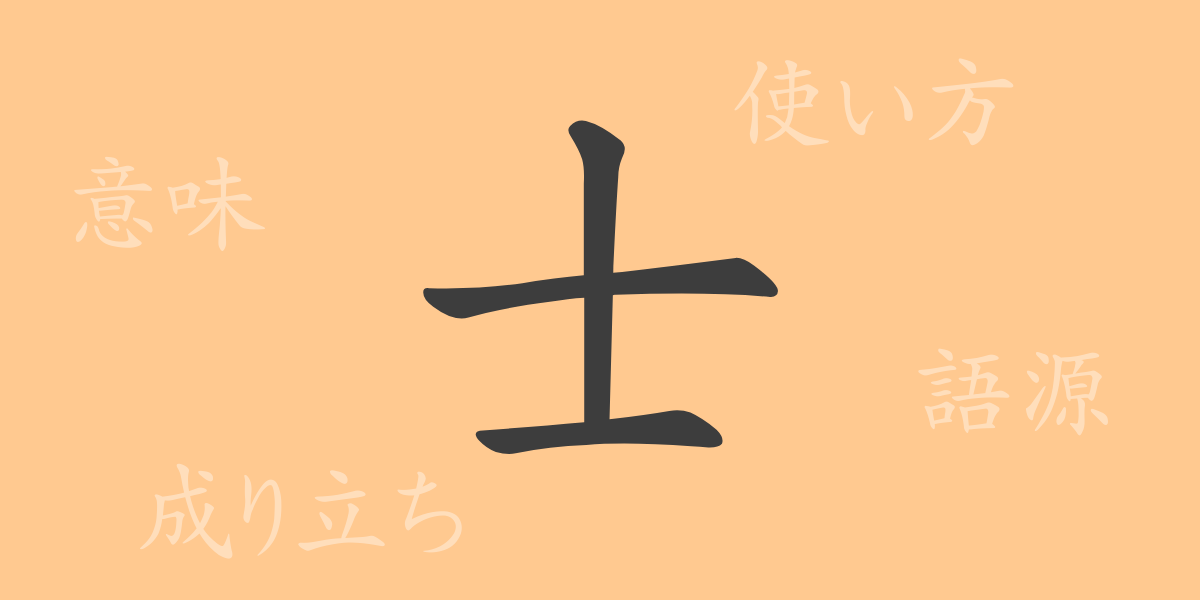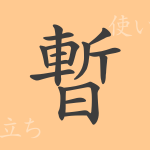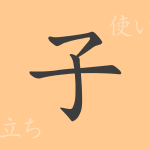Japanese written culture offers rich expressions deeply rooted in history and daily life. Among them, the kanji “士(し)” plays a particularly important role in Japanese society and culture. Let’s embark on a journey to explore the profound meaning of this single character and the richness of expressions it conveys.
Origins of 士(し)
The kanji “士(し)” originates from ancient China, originally representing a short sword worn by adult men. This short sword symbolized the status of warriors and scholars, and over time, the character evolved to represent these people. In Japan, this kanji has been used for a long time to refer to certain professions, statuses, or people with specialized knowledge.
Meanings and Usage of 士(し)
In modern Japanese, “士(し)” is used to refer to individuals with professional occupations or qualifications. For example, “弁護士(べんごし)” means lawyer, “会計士(かいけいし)” means accountant, and “歯科医師(しかいし)” means dentist, all referring to professionals with specialized knowledge and skills. Additionally, it is sometimes used to express respect and honor.
Readings, Stroke Count, and Radical of 士(し)
The kanji “士(し)” is simple in structure, making it easy for beginners to learn.
- Reading: The on’yomi (音読み) is “シ(し),” and there is no kun’yomi (訓読み).
- Stroke count: 3 strokes
- Radical: 士部(さむらいへん)
Idioms, Phrases, and Proverbs Using 士(し) and Their Meanings
There are many idioms, phrases, and proverbs that include “士(し),” highlighting the richness of the Japanese language. Here are some examples:
- 士気を鼓舞する(しきをこぶする) – To boost the morale and fighting spirit of a group.
- 学士入学(がくしにゅうがく) – Admission to a higher education institution such as a university.
- 士農工商(しのうこうしょう) – The four-class division in the old Japanese feudal system.
- 無宿の浪士(むしゅくのろうし) – A wandering samurai without a permanent master or employment.
- 士は知己を恃むべし(しはちきをたのむべし) – A saying that teaches one should trust their own talents and virtues.
Conclusion on 士(し)
The kanji “士(し)” not only refers to specific professions or statuses but has also come to hold diverse meanings in Japanese history and culture. Understanding the meaning behind this single character allows us to appreciate the depth of the Japanese language and the importance of professionals in society. The idioms and proverbs that include 士(し) reflect the background and values of the times they were created, making their study valuable for understanding both the language and the culture.

























